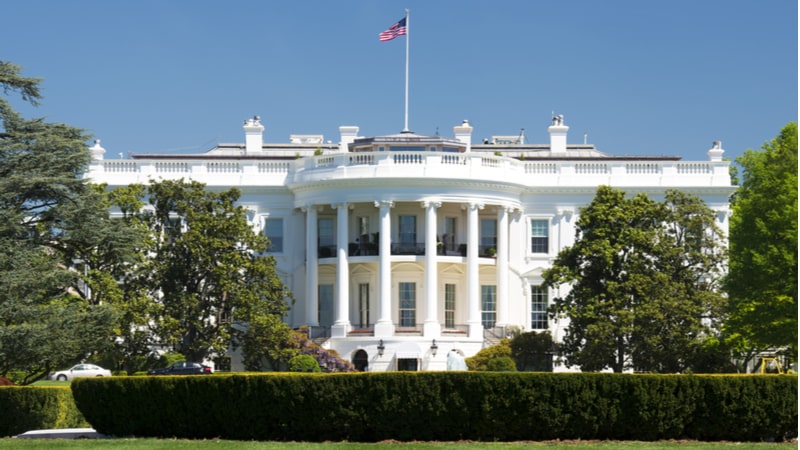
A new report out from the White House Office of Science and Technology Policy (OSTP) finds that 19 Federal agencies have released updated or new policies to improve scientific integrity in government.
During his first week in office, President Biden issued a Memorandum on Restoring Trust in Government through Scientific Integrity and Evidence-Based Policymaking. OSTP’s Sept. 30 report details the robust public steps that led to these 19 new polices – 11 of which are from CFO Act agencies – including a January 2023 framework to aid agency plan development.
“These agency plans reflect a whole-of-government commitment to safeguarding science against inappropriate interference, including preventing political interference in the conduct, management, communication, and use of science,” OSTP said.
Twenty-eight Federal agencies submitted policies to OSTP as of September 2024 – the remaining nine agencies have OSTP-approved policies that are still undergoing review and approval within their agencies. Seven of these agencies have pre-existing policies that are currently in effect, and two have publicly posted draft scientific integrity policies that were approved by OSTP for public comment.
According to the data from the report, five of the 24 CFO Act agencies did not submit policies to OSTP: the departments of Housing and Urban Development and Treasury; the Nuclear Regulatory Commission; the Office of Personnel Management; and the Small Business Administration.
OSTP and its partners – the National Science and Technology Council (NSTC) Subcommittee on Scientific Integrity and interagency group CENDI – established a webpage that compiles and keeps up-to-date links to agency scientific integrity policies.
OSTP’s January 2023 framework also required that, within one year of the release of its scientific integrity policy, agencies draft and post the following procedures: addressing scientific integrity concerns, handling differing scientific opinions, clearance of scientific products, scientific communications, and authorship and attribution.
The report notes that at least half of the responding agencies have each of these procedures finalized.
Workforce education and maintaining the visibility of scientific integrity policies, practices, and culture are also a key component of OSTP’s framework.
While only nine agencies reported that they currently have training in place for agency staff, most responding agencies – 61 percent – are in various stages of training development or deployment. Agencies that reported they have started, but not yet completed development of their training materials, tended to be agencies under larger departments that are coordinating across their departments. Agencies that have training materials predating 2023 noted that they are in the process of or have completed updating training to align with the critical policy features of the framework. These updates should be completed and deployed to staff within the next year, OSTP said.
OSTP’s new report notes that the next step beyond training materials is evaluation plans. Two-thirds of responding agencies noted that they have not yet begun developing their evaluation plans.
OSTP said it plans to creates efforts that will “not only assist agencies in developing and implementing evaluation programs for scientific integrity, but also serve to promote greater consistency across the government in how policies and practices are evaluated and improved.”
OSTP’s report concludes by highlighting challenges agencies have had in policy implementation, including adequate resourcing; successful implementation of surveys; and firmly distinguishing lines of communication.
“Collectively, the practices and challenges shared by agencies through the data call have created opportunities for further discussion and refinement of policies and practices that may be facilitated through OSTP in coordination with the Subcommittee in the coming year,” OSTP said.
